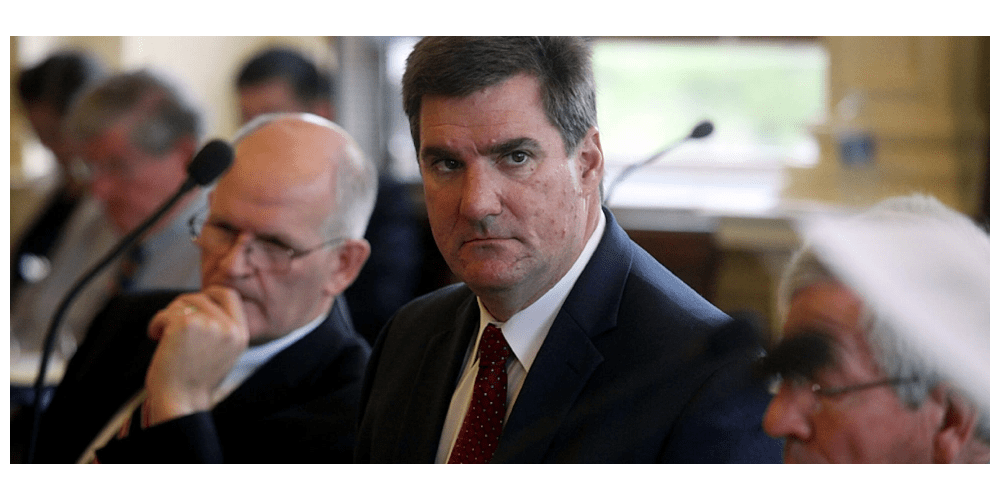


Neither Andy Sanborn, the proprietor of the Concord Casino in New Hampshire, nor the casino itself are massive, Las Vegas-style resorts. Nevertheless, the intriguing narrative of Sanborn's legal troubles—which include a new fraud charge—and its effects on the casino has not been forgotten.
On Wednesday, October 16th, Sanborn, a former state senator, was taken into custody on a charge of theft by fraud. Approximately $1 million (£766,665/€920,500) in gross receipts from the casino was allegedly understated when he applied for COVID relief monies in 2020. That resulted in a $188,474 boost to his grant allocation, as reported by the New Hampshire Bulletin. Sanborn faces a potential prison term of seven and a half to fifteen years if found guilty.
John Formella, the state's attorney general, initiated a fraud inquiry last August; this most recent accusation is unrelated to that probe. The inquiry against Sanborn centres on allegations that he embezzled $844,000 from the Covid program. Two Porsches and a Ferrari, one of which was a present for his wife, state lawmaker Laurie Sanborn, were among the three sports cars he allegedly bought with that sum.
Additionally, he settled the rent for the casino that he owned, which was housed in a sports bar. Sanborn evidently exaggerated the company's revenue and misrepresented the fact that casinos were not eligible for relief monies under state law. The original investigation did not result in any charges being filed. Sanborn, however, has now filed a lawsuit against Formella's agency, claiming that the investigators improperly obtained private documents during their searches.
How this new accusation will affect the earlier probe is anybody's guess.
Forcible sale of casino after first fraud scandal
The state ordered Sanborn to close and sell Concord Casino in December in response to the first probe. Michael King, the initial judge in the case, refused the state's request to cancel his gaming licence and instead set the sale deadline for June 30. However, if a deal was about to be finalised, the deadline could be extended to 30 September.
The September extension was approved by the newly-appointed judge, Gregory Albert, who took over the case in June. Then, on September 22nd, Albert granted yet another psuedo-extension by way of a murky legal loophole, effectively adding another fifty days to the process.
Someone has supposedly bought Sanborn's team out. The results of the state lottery's evaluation of the buyer's suitability have been transmitted to Formella's office. That review will take place at its own pace; if the purchaser is deemed unsuitable, the casino's licence will be revoked for a period of two years. The casino, or its remnants, would be practically bankrupt in that case.
Both sides are challenging Albert's ruling.
The two camps have been more divisive from the beginning of the process. They both claim the other is trying to drag things out. The verdict by Albert was detrimental.
The ruling has been challenged in files made by both sides in the previous week. The state has interpreted Sanborn's licence as being revoked, according to senior assistant attorney general Jessica King, who claims that it was unclear. Meanwhile, a rehearing has been sought by Sanborn's legal team.
"...Sanborn would have welcomed a chance to gracefully end this case had the state credibly assured the buyer or (Sanborn) that the (attorney-general's office) would finish its (suitability) review by a date certain," they stated, as reported by the Bulletin. "However, the attorney general's office has not provided any clarification, and time is of the essence."
Given the challenges from both parties, the amount of time Sanborn may have to sell the casino is anyone's guess. One more thing: Sanborn's most recent accusation. No individual or entity may hold a gaming licence for a period of ten years after a criminal conviction, according to state law. It is not apparent whether the liability would also transfer given that the licence is being transferred to another organisation.